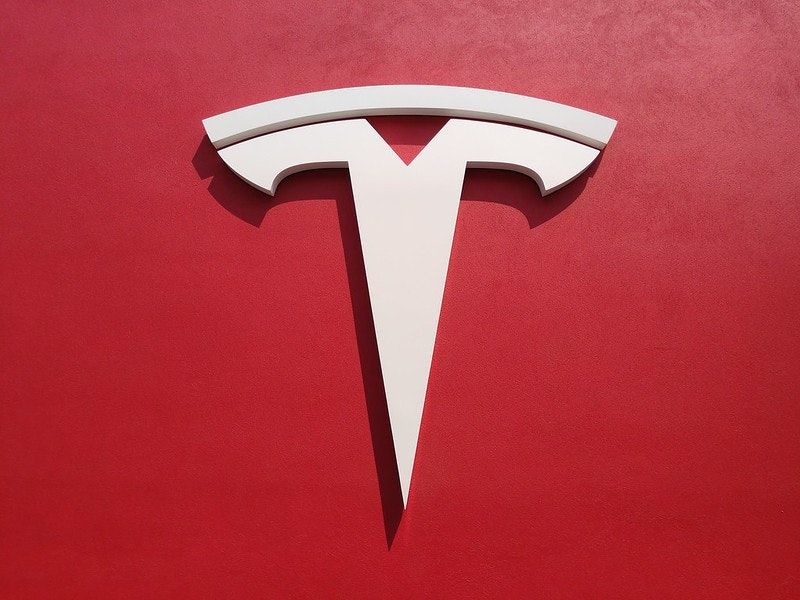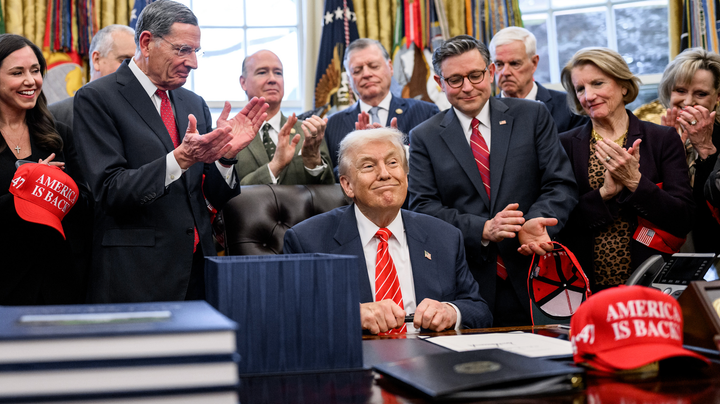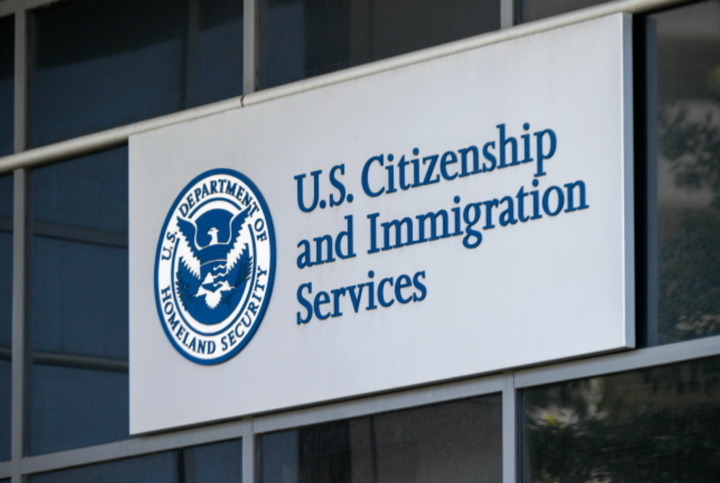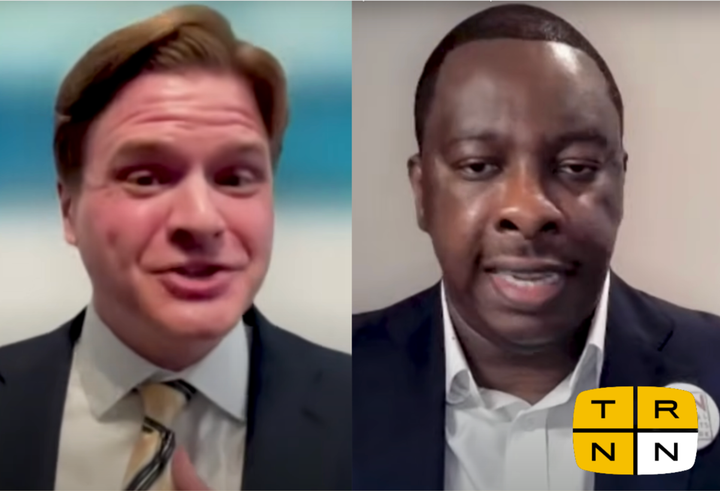US Consumer Agency Investigates Tesla Whistleblower's Complaint Involving Solar Fires
Tesla allegedly orchestrated a campaign of retaliation that resulted in Steven Henkes being fired after he complained about "defective and dangerous" solar power systems

Steven Henkes was a field quality manager for SolarCity, which was acquired by Tesla in August 2017. He learned “thousands of residential and commercial systems” installed were “defective and dangerous” and could start fires. But according to his whistleblower complaint, Tesla ignored his concerns, mounted an “orchestrated campaign of retaliation,” and fired him.
The complaint was filed in Alameda County, California, in November 2020. He also submitted a complaint with the United States Consumer Protections Safety Commission (CPSC) in April 2019.
CNBC reported on March 22 that CPSC will investigate the allegations from Henkes and interviewed him for the investigation.
Henkes provided evidence that included “failure analysis reports from a third-party engineering firm,” “internal meeting minutes, reports, and emails,” “customer notification examples,” “photos of thermal events [fires] linked to customer houses,” and “meeting minutes and presentations pertaining to a supplier named Amphenol and Tesla.”
After Walmart sued Tesla in New York state court in August 2019, it became widely known that SolarCity’s solar power systems had defects. However, prior to Walmart’s suit, Henkes claims he “forcefully advocated for the health and safety of Tesla’s customers” in his role as a field quality manager.
Henkes’ job was to ensure Tesla promptly and safely reported, notified, and shut down any solar power systems that were using Amphenol H4 Connectors—the part primarily responsible for fire risks. He insists he recommended Tesla inform all customers immediately of the risks posed by continuing to use the “defective solar systems.”
Tesla had at least 60,000 residential customers in addition to 500 government and commercial accounts.
The complaint filed [PDF] in Alameda County states, “Henkes’ belief that the public was not adequately notified and protected was borne out by the many fires nationwide across Tesla’s customer base. [He] was quite outspoken about his desire to protect public health and openly shared his concerns with many Tesla employees.”
Tesla’s alleged campaign of retaliation included “pulling him as a presenter” two hours before a tactical campaign team meeting for Walmart. His proposed presentation was altered to “eliminate the previously identified tooling defects (thus not disclosing said defects to Walmart).”
Furthermore, Henkes contends he was excluded from staff meetings, admonished for traveling overseas to develop tools that could “prevent future fires,” and purchase orders for new “installation tooling and standardization” were overwritten.
On August 3, 2020, Henkes was terminated. This occurred about one month after he complained to Tesla’s Supply Chain, Reliability, and Human Resources Department.
He complained that the “flat roof racking components that Tesla was installing were not safe and that the modifications must be tested prior to re-installation.”
CNBC spoke with another former Tesla solar employee for their report, who helped them corroborate “many of Henkes’ claims.” The employee said Tesla’s solar systems still pose fire risks.
“Tesla’s remediation or modification efforts have not been transparent or effective,” said the former Tesla solar employee. They indicated Tesla had outsourced remediation and maintenance for the “aging solar fleet.”
Henkes believes Tesla violated the Sarbanes-Oxley Act and filed a complaint with the Securities and Exchange Commission (SEC) in May 2019.
Sarbanes-Oxley is a U.S. law that was passed after the scandalous acts of Enron, Tyco, and Worldcom to protect against fraudulent behavior by corporations. It included a provision to protect whistleblowers who provide information to the SEC or other covered federal regulatory agencies.
As of March 11, Henkes was fighting Tesla’s effort to force arbitration, which is often more private than a trial. An arbitrator’s decision typically cannot be appealed.
*Photo: Chris Hunkeler




Comments ()